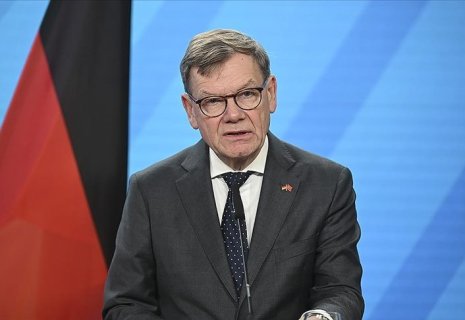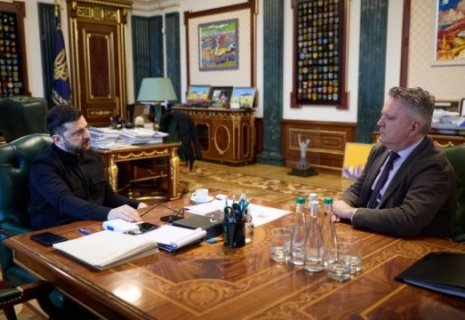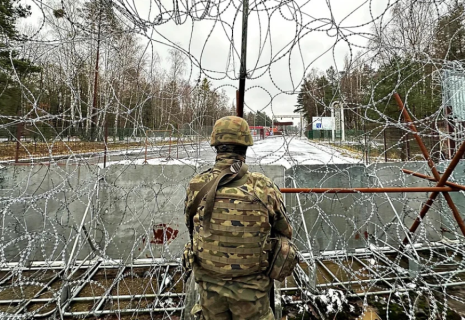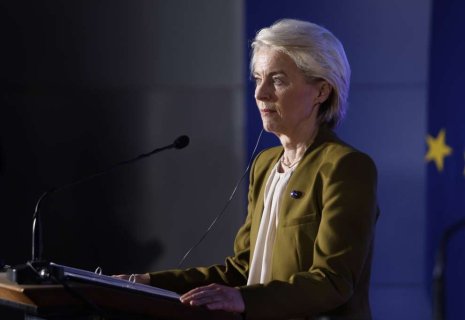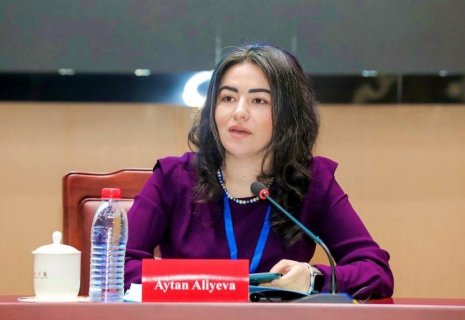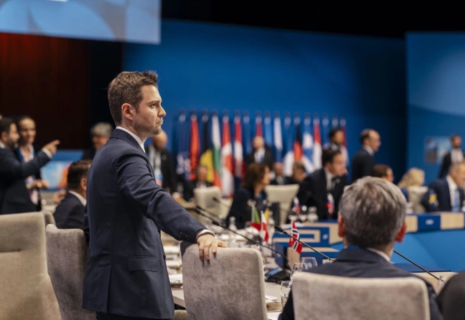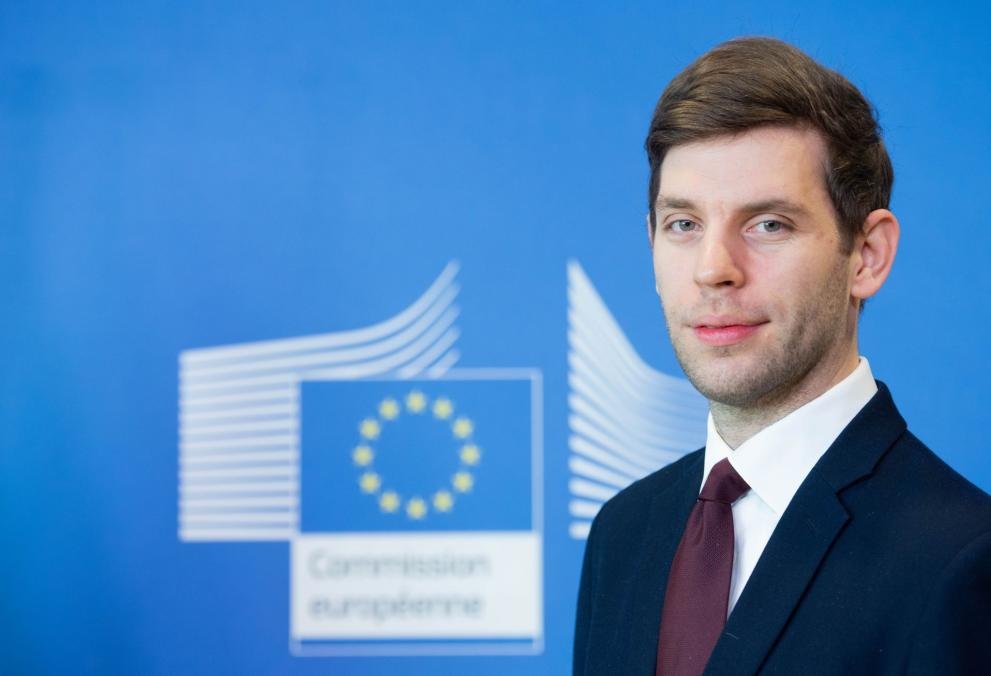
European Commission addresses alleged Hungarian spy activity - EXCLUSIVE
CE Report presents an exclusive interview conducted via email with Balázs Ujvári, Spokesperson of the European Commission, addressing recent reports of an alleged spy ring operating from Hungary’s EU embassy in Brussels during Olivér Várhelyi’s tenure. The discussion sheds light on the Commission’s response to espionage concerns, measures to protect staff and sensitive information, and the ongoing internal investigation.
What measures is the European Commission taking to investigate allegations of intelligence operations targeting EU institutions from member state embassies?
The Commission takes such allegations seriously because of the implications for the security and integrity of Commission operations. We remain committed to protecting Commission staff, information and networks from illicit intelligence-gathering actions.
The Commission has decided to set up an internal group to look into these allegations. The work of this group is ongoing. We have no further comment to make on this operational security matter.
Has Olivér Várhelyi been formally questioned or provided statements regarding the alleged spy ring?
A meeting took place between the President and Commissioner Varhelyi prior to the President`s travel to the Western Balkans. The President asked the Commissioner whether he was aware of recruitment attempts by Hungarian intelligence services targeting European Commission staff while he was at the Permanent Representation of Hungary. The Commissioner said he was not aware of these attempts.
How is the Commission ensuring the protection of sensitive files and EU staff from potential breaches?
The Commission has at its disposal specialised services in charge of Human and Digital Counterintelligence, whose purpose is to help to safeguard the institution’s staff, information and assets from threats. There is also strong cooperation with the other EU institutions, which are equally targeted by espionage attempts.
In addition, the Commission has always been in very close contact with the competent authorities in the institution`s host Member State (in this case Belgium), to combat the nefarious effects of espionage on the institution.
Through extensive awareness-raising campaigns, the Commission’s services have been strengthening the resilience of staff of all grades and functions regarding human and digital espionage.
More generally, the Commission systematically carries out awareness-raising campaigns, organises security briefings and disseminates specialised communication materials to inform staff about the espionage threat. Through these measures, staff members are reminded regularly that they may be the targets of intelligence-gathering attempts, both in their professional and their private lives.
What is the expected timeline for the internal probe announced by the European Commission?
There is no fixed timeline. The duration depends on the progress made and the insights gained.
Will the results of the investigation be made public, and how will transparency be maintained throughout the process?
Once ready, the Commission will inform about the results of the internal group’s work while respecting the confidentiality required for operational security.
Photo: European Commission
This interview was prepared by Julian Müller



